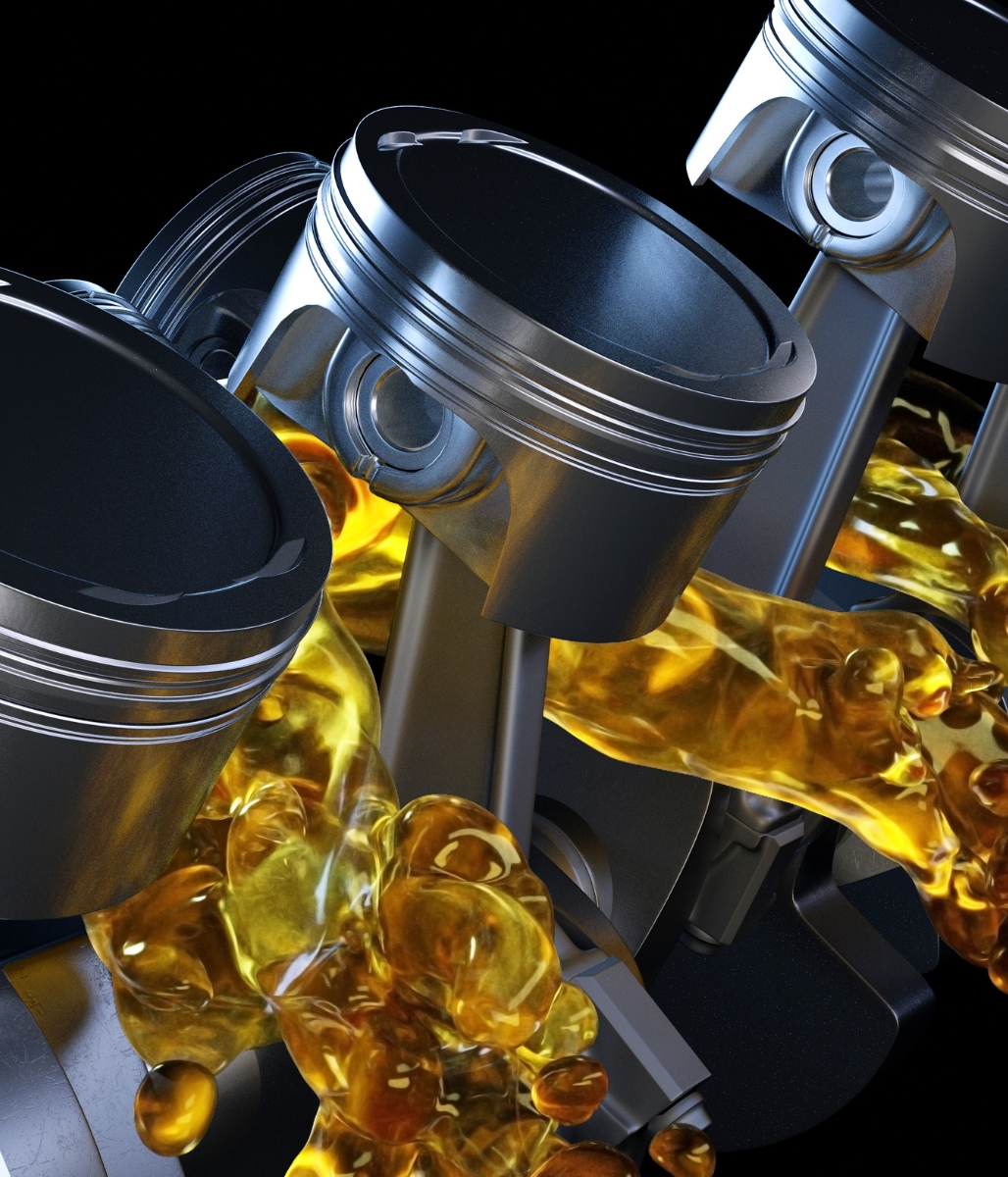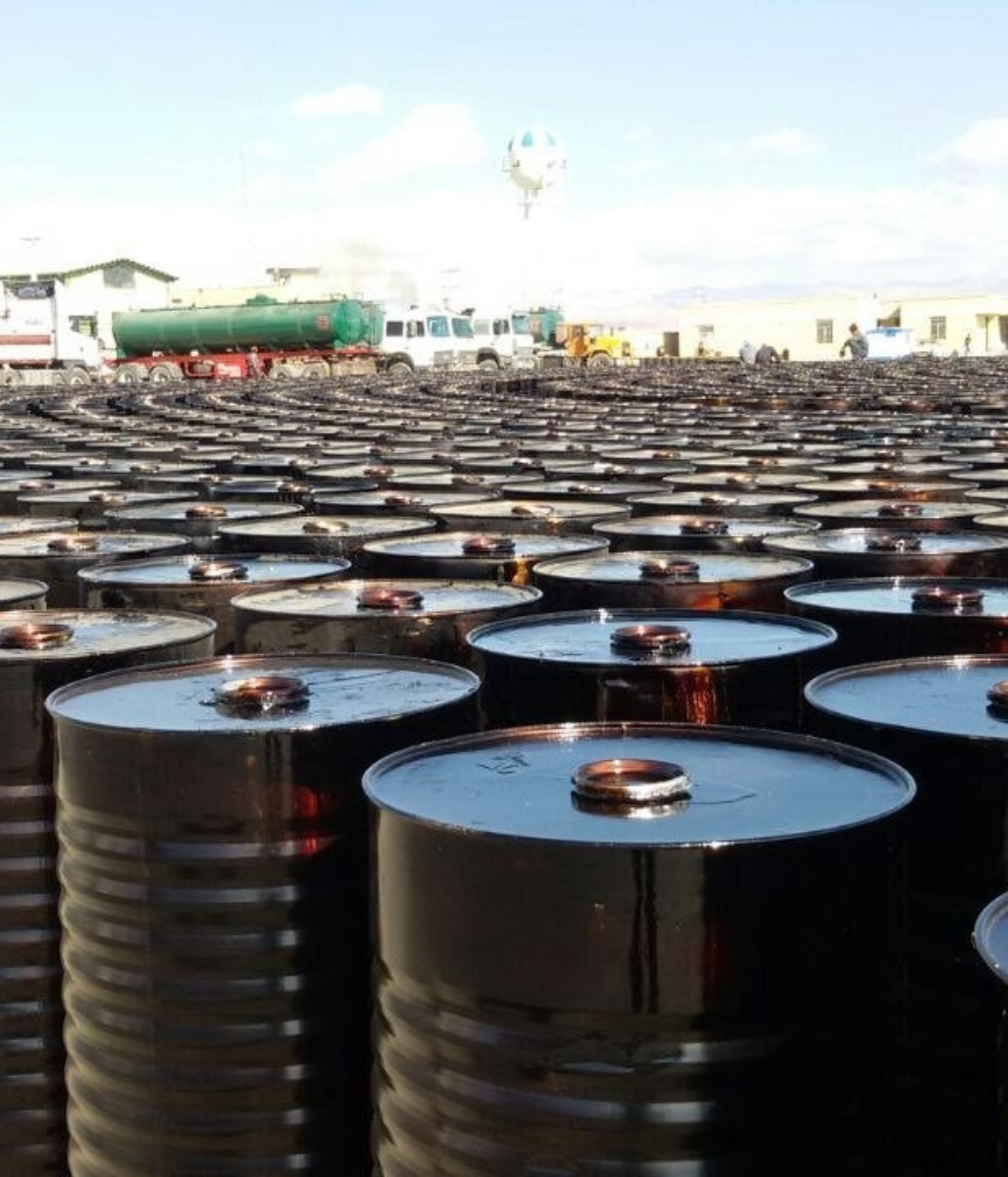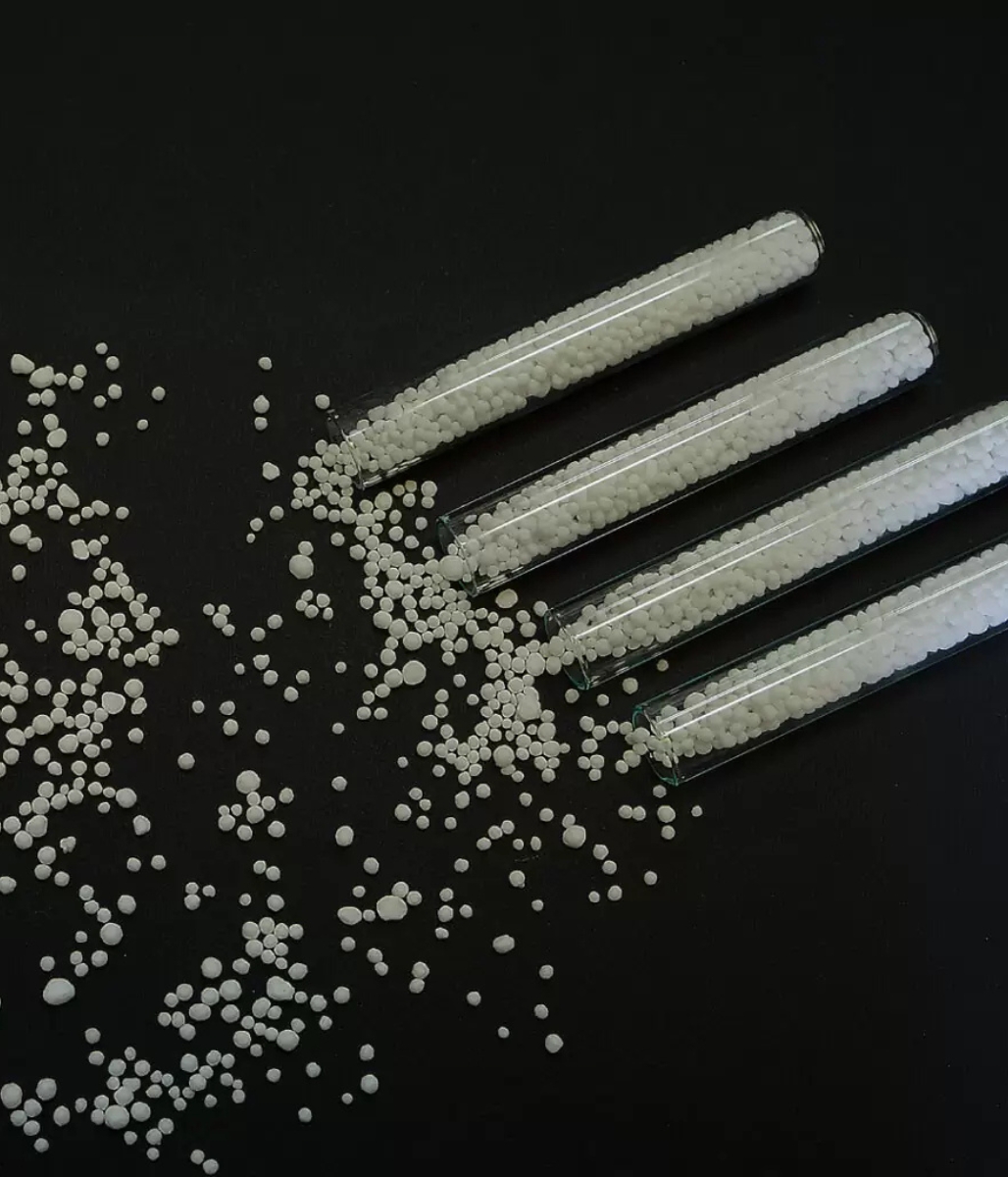Lubricant Oil
Lubricant Oil is a critical substance designed to reduce friction, heat, and wear between mechanical components in motion. It is formulated from base oils, often derived from crude oil or synthetics, combined with specialized additives to enhance performance. Lubricant oils are essential in various industries, including automotive, manufacturing, aerospace, and marine, as they ensure smooth operation, extend equipment life, and improve efficiency.
Key Characteristics:
Viscosity:
The measure of a lubricant's resistance to flow, viscosity is crucial for forming a protective film between moving parts. Lubricant oils are classified by viscosity grades (e.g., SAE, ISO) to match specific application requirements.
Thermal Stability:
Lubricant oils are designed to withstand high temperatures without breaking down, ensuring consistent performance even in extreme conditions.
Additives:
Modern lubricants include additives to enhance their properties, such as:
- Anti-wear agents to protect against metal-to-metal contact.
- Detergents and dispersants to prevent sludge and deposits.
- Corrosion inhibitors to protect against rust and chemical degradation.
- Viscosity improvers to maintain performance across temperature ranges.
Oxidation Resistance:
High-quality lubricant oils resist oxidation, reducing the formation of harmful acids and sludge over time.
Water Separation:
Many lubricants are engineered to separate water effectively, critical in machinery exposed to moisture.
Common Types and Applications:
Engine Oil:
Used in automotive and industrial engines, engine oil reduces friction in internal combustion engines, cleans components, and maintains temperature control.
Hydraulic Oil:
Essential for hydraulic systems, this oil transmits power while protecting against wear and corrosion.
Gear Oil:
Designed for gear systems, it provides high load-carrying capacity and reduces friction between gears.
Compressor Oil:
Used in air compressors, this oil ensures lubrication, cooling, and sealing.
Turbine Oil:
Used in power generation turbines, it provides high thermal stability and excellent anti-oxidation properties.
Industrial Oils:
Includes machine oils, cutting oils, and transformer oils, tailored for specific industrial applications.
Benefits:
- Reduces Wear and Tear: Forms a protective layer to prevent direct contact between moving parts.
- Improves Efficiency: Minimizes energy loss due to friction.
- Prolongs Equipment Life: Protects against corrosion, rust, and mechanical failure.
- Dissipates Heat: Helps manage operational temperatures by transferring heat away from components.
- Cleans Components: Prevents the buildup of deposits and sludge.
Environmental and Maintenance Considerations:
Used lubricant oil must be managed responsibly to prevent environmental pollution. Recycling and proper disposal are essential for sustainability. Additionally, regular monitoring and analysis of lubricant oil can help detect machinery issues early, ensuring optimal performance and reducing downtime.
Lubricant oil is indispensable in modern machinery and technology, serving as a lifeline for countless mechanical systems and applications worldwide.



